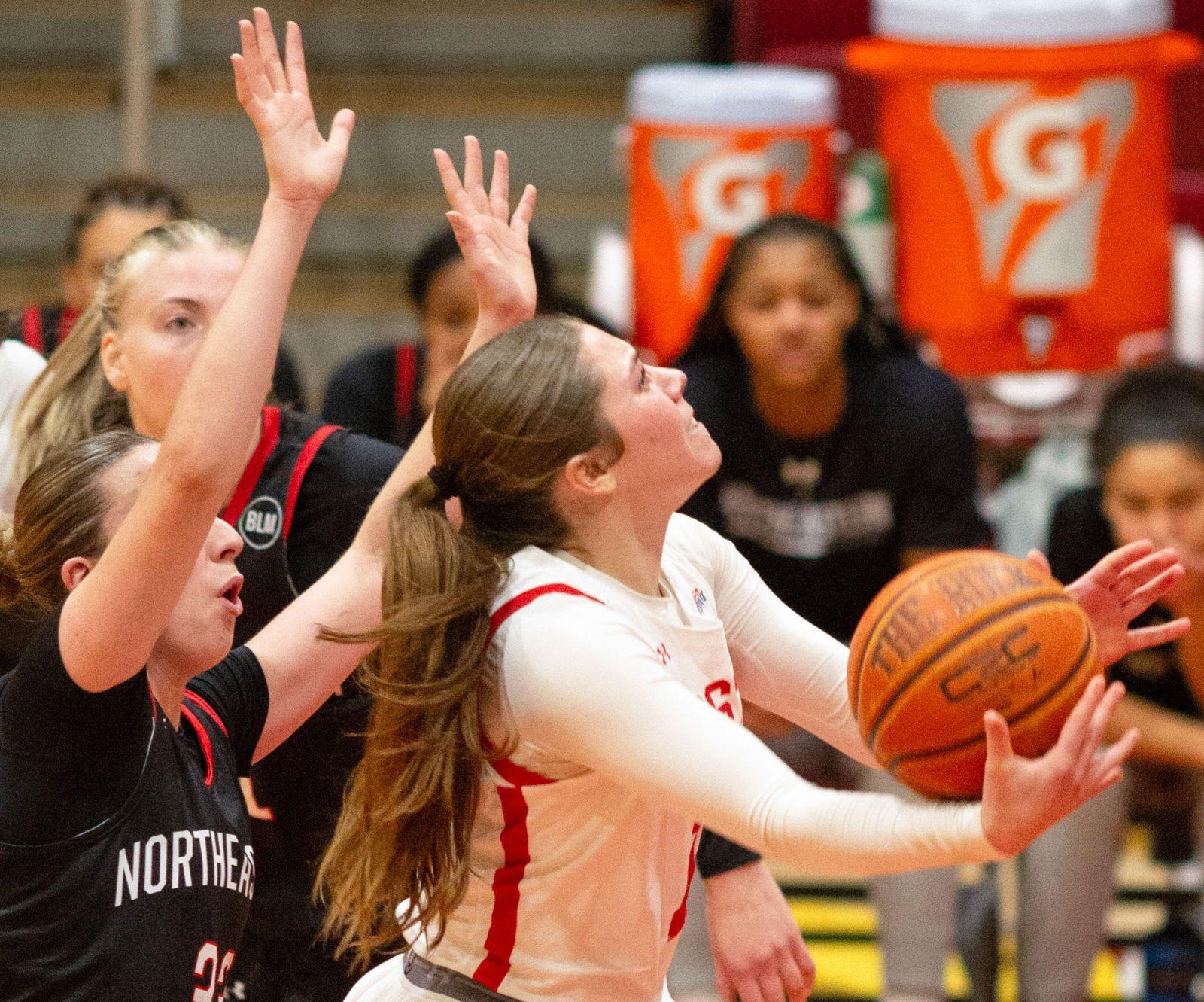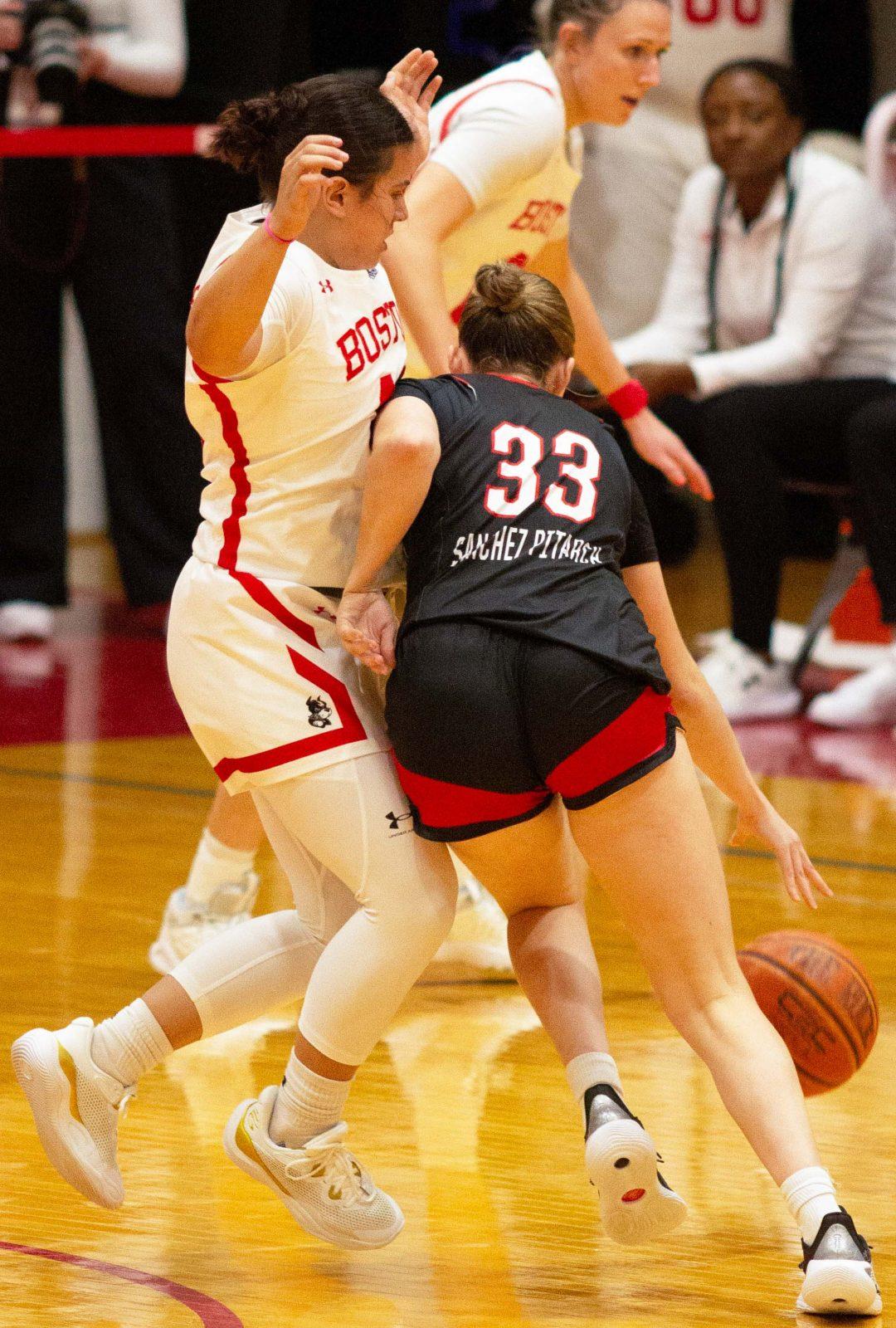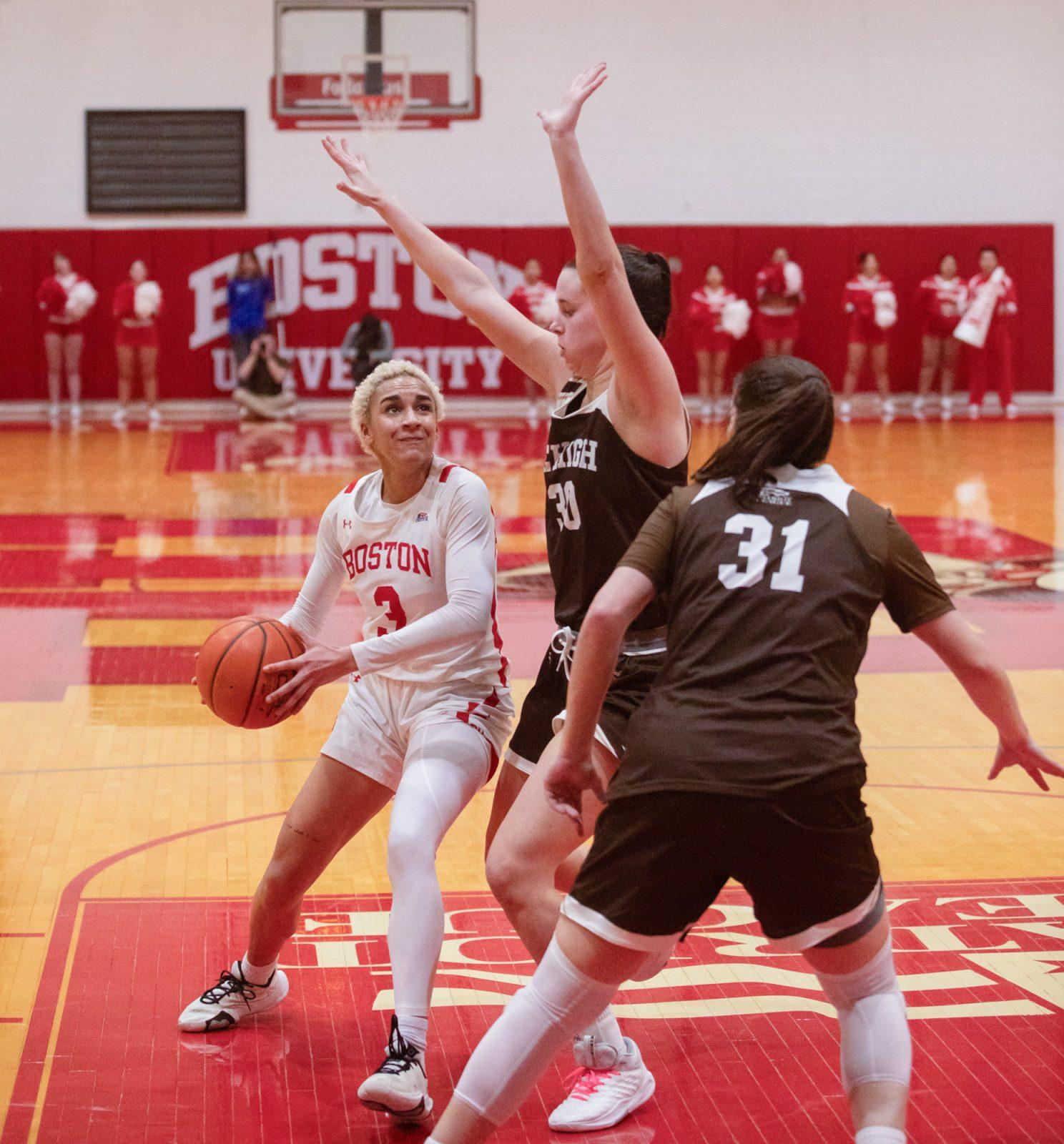In 2006, do-it-all University of Texas quarterback Vince Young propelled his Longhorns to a National Championship victory with one of the most dominant single game performances in the history of the sport. In the six years since Texas’s triumph over the University of Southern California, two things have happened – Young’s once promising professional career has spiraled out of control, and the SEC has exerted its substantial will over the world of college football on a level that is rarely seen in modern athletics.
More specifically, with an SEC team now remaining atop the BCS standings at the end of the season for six years straight, there is arguably no conference in college athletics that is more dominant than the SEC is in football.
What makes the current run of SEC success particularly impressive, however, is the consistent reshuffling of the teams at the top of the competitive heap. That the BCS Championship trophy has found itself in a SEC trophy case each of the last six seasons is striking enough, but adding to the impressiveness of the feat is the fact that none of the four champions – Florida, Louisiana State, Alabama and Auburn – have repeated as champs.
So, while Florida and Alabama have both won twice during the recent string of SEC dominance, both were knocked from the mountaintop before winning again.
As all four of the major professional sports leagues have struggled for years to strike a balance between dominance and parity, the SEC has somehow concocted the winning formula.
It is important to note, however, that the existence of parity in Southeastern Conference football does not mean that predicting the next year’s inevitable SEC representative in the BCS title game is an entirely fruitless endeavor.
In 2005, Florida finished the season ranked 12th in the country with a 9-3 record. The following year, it went 13-1 en route to the national championship.
In 2006, LSU finished the season ranked 3rd in the country with an impressive 11-2 record. It won the title the next year.
In 2007, Florida went 9-4, which was good for 13th in the country. It won its second title in three years the following season.
In 2008, Alabama finished the season ranked 6th in the polls with a 12-2 record. It sailed to an undefeated season and national championship one year later.
In 2010, ‘Bama came down to earth a little bit, but still went 10-3, which was good for 10th in the final polls. Alabama, of course, went on to win this year’s national title.
In the case of each of these five national championship seasons, the year that preceded the team’s title run was unfailingly similar. None of the schools finished lower than 13th in the country, and each team was just barely left out of the national championship conversation. Then, one year removed from being on the cusp, it would go on to take the title.
The lone aberration to this recent historical pattern is Auburn’s 2010 championship season. The previous year, in 2009, it had gone 8-5, ultimately finishing the season unranked. Prior to the 2010 season, however, it was also blessed by the transfer of quarterback Cam Newton. A once-in-a-generation talent, he went on to win the Heisman trophy, in addition to leading the Tigers to the promised land. So, in the case of Auburn in 2010, this was the epitome of something being the exception to the rule.
This being the case, it should not be too hard to predict which SEC school has the greatest shot of hoisting that crystal football come next January.
In any discussion regarding next year’s college football season, one must obviously look first towards LSU. After emerging from the SEC Championship game as the unanimous No. 1 team in the country, it went on to lose in the title game to conference foe Alabama. In the end, it finished 13-1 with a No. 2 final ranking. Certainly, the Tigers will be in the title hunt for next year. However, they do not fit the previously discussed formula nearly as well as another school in the vaunted SEC-West.
After finishing the season at 11-2, the University of Arkansas Razorbacks were ranked 5th in the country in the final polls. But given the fact that two SEC teams were playing in the BCS title game, the Razorbacks were left out of the BCS discussion entirely. Like the national champions before them, they were left barely on the cusp of the national championship picture.
With star quarterback and Heisman candidate Tyler Wilson returning, and stud running back Knile Davis coming back after a year removed due to injury, it looked as if the Razorback offense would be even more potent than it was last year. As long as offensive guru Bobby Petrino was pulling the strings, the Arkansas faithful had realistic dreams of one offensive explosion after another en route to a BCS title.
This, of course, all changed on April 1 when Petrino was involved in a late-night motorcycle crash. When it was discovered that the woman involved in the crash was his mistress, it became a public relations nightmare and personal catastrophe for Petrino. However, when it was determined that his mistress, Jessica Dorrell, had recently been given a job in the Arkansas football department, it became another matter entirely. In the end, this twisted nepotism would cost Petrino his job.
The impact of Petrino’s affair on his friends and family unfortunately cannot be understated, but its implications regarding the future of Arkansas football are almost equally profound. While he had never been described as anything more than a barely tolerable human being, Bobby Petrino was always recognized as a football genius. He was not only a great recruiter, he was also a great football mind and coach. And, after many years teetering on the edge of national prominence and greatness, many viewed 2012 as his best shot of breaking through.
In the days following Petrino’s motorcycle crash, the University of Arkansas was slowly and painfully stripped of its status as national championship favorites. While it will be competitive next year based on its talent alone, it will certainly not be the powerhouse that it would have been with Petrino at the helm. Given the tried and true formula of past SEC success, it is likely that Petrino’s heartless irresponsibility cost the Razorbacks a national title.
The SEC may very well win its seventh consecutive national championship, but it is obvious that Arkansas had previously represented its best shot of doing so.
Bobby Petrino sure knows how to blow a once in a lifetime opportunity.






















































































































